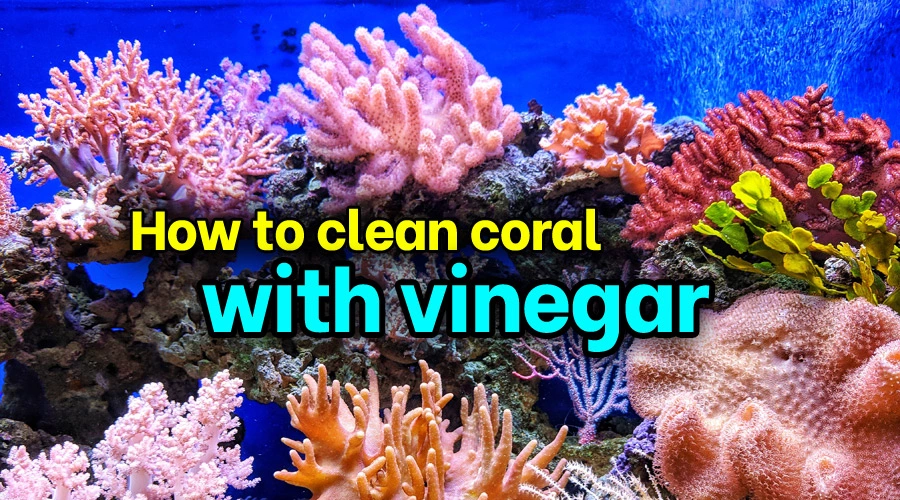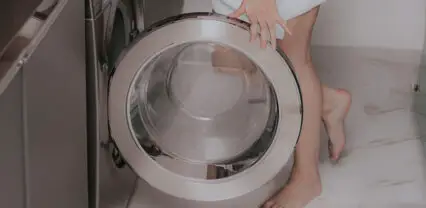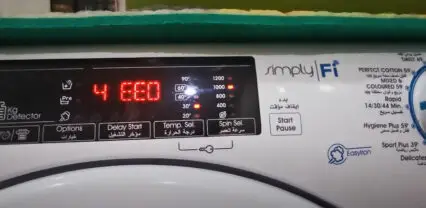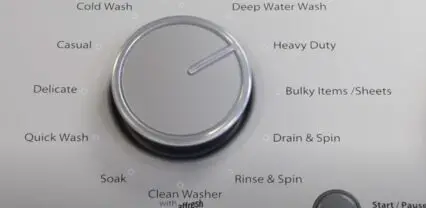If you have kept corals at your home or office, then you probably know that it is very important to keep them neat and clean. Doing this will make the coral look more beautiful.
When it comes to cleaning corals, a lot of people say that using vinegar is the best option. So, do you know how to clean corals with vinegar? Is it safe for corals and other aquarium plants or not?

Keep reading because we have everything covered for you in this article!
Will vinegar hurt saltwater aquarium plants
No, if you will use the right amount of vinegar in the right way then it won’t affect the saltwater aquarium plants.
Generally, vinegar is used worldwide for cleaning purposes and even in case of the aquarium plants, vinegar is one of the most used options.
That’s why experts say that it is pretty much safe to use the right amount of vinegar on aquarium plants.
You just have to be careful with the amount of vinegar and the method you use. Why? Because an excess of everything is bad. You need to use a suitable amount of vinegar. So, do not overdo it, please!
Also, you should not use a blend of bleach and vinegar on saltwater aquarium plants. The reason is that this mixture will release many toxic and harmful vapors that will affect the health and growth of your aquarium plants.
Moreover, it will not even bring any effective cleaning results.
Is vinegar safe for all saltwater aquarium plants?
No, that’s not the case.
This is an extremely important question that you must know about.
In a saltwater aquarium, there are several different types of plants. Some of them are very sensitive while some are hard and rough.
Experts say that sensitive saltwater aquarium plants may be negatively affected after a dip in vinegar.
Therefore, you are recommended to use vinegar on hard aquarium plants only and not on sensitive ones.
Will vinegar hurt corals
Once you fall in love with corals, you do everything to take care of them.
If you are planning to clean your corals by using vinegar, you must have a fear in your mind that, will vinegar hurt the corals?
Well, the answer is no.
Vinegar will not hurt the corals as long as you are using the right amount of vinegar in the right way.
But if you will overdo this whole thing (like using an excess of vinegar) then it may hurt the corals.
One user reported that they used 100 to 150 ml of vinegar in their reef tank (250 gallons total) and everything was completely fine.
But if you will use an excessive amount of vinegar, then it will drop the pH level of water. Due to this reason, the fish or other plants in your aquarium who are sensitive to pH changes may die.
That’s why you need to be extremely careful and educated before taking any such action.
Can I use vinegar to clean coral reefs
Yes, you can use vinegar for cleaning the coral reefs.
Vinegar is an excellent cleaning solution and it is widely used by people for cleaning the coral reefs and tanks.
You must be wondering how can you do it?
Well, it is very easy and simple. You just have to prepare a solution of vinegar and water. You can do 50/50 of vinegar and water and then soak the coral reefs inside that solution for a few hours or a whole day. Then you can use a toothbrush for gentle cleaning and removing all the unwanted dirt from the coral reefs. It will make them look very clean and beautiful once again.
What kind of vinegar can I use to clean coral
When we talk about using vinegar for cleaning corals, a lot of people often get confused.
Why? Because there are so many types of vinegar and they don’t know which one to use. Such as apple cider vinegar, rice vinegar, malt vinegar, red wine vinegar, balsamic vinegar, distilled white vinegar, etc.
Well, if you are also experiencing the same confusion then the answer is that distilled white vinegar is the best choice for cleaning the coral reefs.
Practically, distilled white vinegar has shown excellent cleaning results as compared to the different other types of vinegar.
Therefore, we also recommend you use distilled white vinegar for cleaning the coral reefs.
Cleaning coral with vinegar
If you want to clean your corals with vinegar but don’t know how to do it, then keep reading.
We have a step-by-step guide that will teach you how to clean coral with vinegar, lets’ go!
Step #1 – Know what you are cleaning
Cleaning the corals is an easy job. When you are cleaning the corals, you are removing any left-over skin that is already dead or still dying OR you are cleaning the dust trapped on the coral.
Step #2 – Get the ingredients
In this second step, you need to get the ingredients for preparing a cleaning solution for the corals.
You will need three things:
- Vinegar
- Clean water
- Toothbrush
Step #3 – Prepare the solution
In the third step, you have to prepare the solution.
Take 2 parts of clean water and 1 part of distilled white vinegar.
Now mix them and form a fine solution.
It’s ready!
Step #4 – Dip the coral in it
In the fourth step, you will take the coral and dip them in the cleaning solution you have just made.
Keep it in the cleaning solution for several hours and let the vinegar do its job. It will soften all the dust and skin on the coral.
Step #5 – Clean with the toothbrush
In the fifth step, you need to take a toothbrush and start cleaning the coral.
Coral is very fragile. That’s why we recommend you to be as gentle with the brush as possible.
It will help you to remove all the skin and dust from the surface of the coral.
This way the coral will start shining and look extremely beautiful.
What precautions to take when using vinegar to clean coral?
When you are cleaning the corals with vinegar, there are some important precautionary measures you need to take:
- Do not mix vinegar with chlorine bleach because it will create a chlorine gas that’s very irritating and harmful.
- Keep it away from the reach of children.
- Avoid contact with the eyes.
- Use it in only well-ventilated spaces.
- Wash your hand after handling it.
- Avoid contact with the skin.

“Your home is a representation of yourself, and it should only be filled with clean items that you enjoy and use”
Professional cleaning expert



